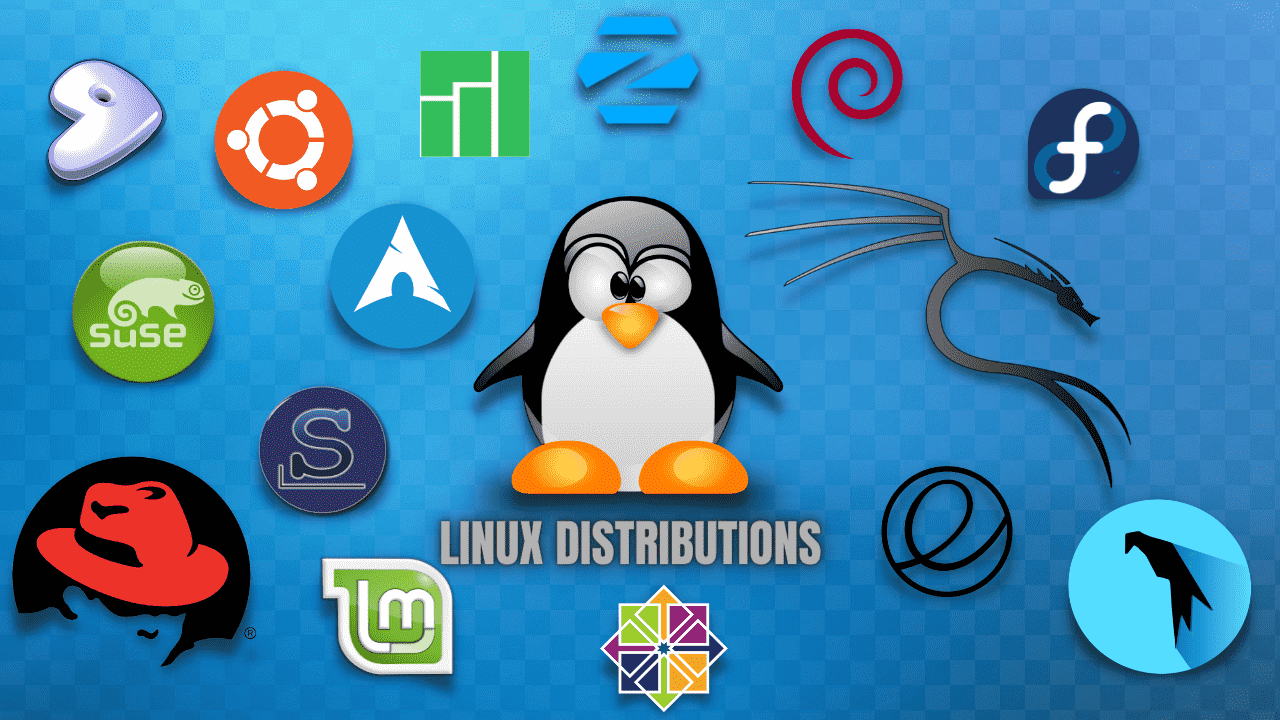
In today’s fast-paced digital era, choosing the right Linux server operating system is critical for enterprise IT infrastructure and personal development environments. Among the many Linux distributions, CentOS, Ubuntu, Debian, and Fedora stand out due to their unique features, advantages, and strong ecosystems.
This article provides an in-depth comparison of the major Linux distributions, helping you make an informed decision based on your specific needs.
Why Choosing the Right Linux Distribution Matters #
Selecting the right Linux distribution (distro) directly impacts server stability, system security, performance, and long-term maintenance costs.
Whether you are deploying an enterprise production environment or setting up a personal development system, understanding the features and advantages of different Linux distributions will guide you toward the best choice.
CentOS: Enterprise-Grade Stability and Reliability #
CentOS (Community ENTerprise Operating System) is built from the RHEL (Red Hat Enterprise Linux) source code and is one of the most widely used server Linux distributions.
Key Advantages of CentOS #
- Stability and Reliability: Inherits RHEL’s robust and enterprise-level stability, suitable for mission-critical environments.
- Extensive Software Support: Large repositories with enterprise-grade applications.
- Cost-Effective: Completely free, no expensive licensing fees.
- High Compatibility: Seamlessly compatible with RHEL, making migrations easier.
✅ Best for: Enterprise servers, production workloads, large-scale deployments.
Ubuntu: User-Friendly and Versatile #
Ubuntu, based on Debian, is known for its simplicity, usability, and powerful community support. It’s a favorite among developers, cloud users, and desktop users alike.
Key Advantages of Ubuntu #
- Ease of Use: Clean interface and beginner-friendly design.
- APT Package Management: Simple installation, updates, and software removal.
- Wide Application Support: Covers office, development, AI, multimedia, and cloud computing.
- Active Community: Strong documentation, tutorials, and community-driven solutions.
✅ Best for: Beginners, developers, cloud platforms, general-purpose systems.
Debian: Stability and Customization Powerhouse #
Debian is a community-driven Linux distribution, often praised for its stability, security, and open-source philosophy.
Key Advantages of Debian #
- Rock-Solid Stability: Rigorously tested before release, ideal for long-term servers.
- Advanced DPKG Package Management: Flexible system configuration and package handling.
- Huge Software Repository: Thousands of open-source applications.
- Highly Customizable: Tailor the system to specific enterprise or personal needs.
✅ Best for: Enterprises requiring long-term stability, high-security environments.
Fedora: Cutting-Edge Innovation and Fast Updates #
Fedora, sponsored by Red Hat, is widely recognized for embracing innovation and bleeding-edge open-source technologies.
Key Advantages of Fedora #
- Innovation-Driven: Early adopter of the latest Linux kernels and open-source features.
- Fast Release Cycle: Short update cycles to deliver the newest software quickly.
- Broad Application Support: Supports a wide range of open-source and commercial applications.
- Active Community: Rich resources and strong collaboration among developers.
✅ Best for: Developers, technology enthusiasts, testing new open-source features.
Linux Distributions Comparison Table #
| Distribution | Stability | Ease of Use | Software Support | Update Speed | Best Suited For |
|---|---|---|---|---|---|
| CentOS | ⭐⭐⭐⭐⭐ | ⭐⭐ | ⭐⭐⭐⭐ | ⭐⭐ | Enterprises, production servers |
| Ubuntu | ⭐⭐⭐⭐ | ⭐⭐⭐⭐⭐ | ⭐⭐⭐⭐⭐ | ⭐⭐⭐ | Beginners, developers, cloud |
| Debian | ⭐⭐⭐⭐⭐ | ⭐⭐ | ⭐⭐⭐⭐ | ⭐⭐ | Enterprises, stability-first users |
| Fedora | ⭐⭐⭐ | ⭐⭐⭐⭐ | ⭐⭐⭐⭐ | ⭐⭐⭐⭐⭐ | Developers, early adopters |
Conclusion: Which Linux Distribution Should You Choose? #
- If you need long-term enterprise stability 👉 Choose CentOS or Debian
- If you value ease of use and versatile applications 👉 Choose Ubuntu
- If you want to explore the latest open-source innovations 👉 Choose Fedora
Ultimately, the best Linux distribution depends on your use case, technical expertise, and business needs.
👉 Check out more Linux tutorials here: Linux Guides and Resources
📌 Reference: Features and Advantages of Linux Distributions
